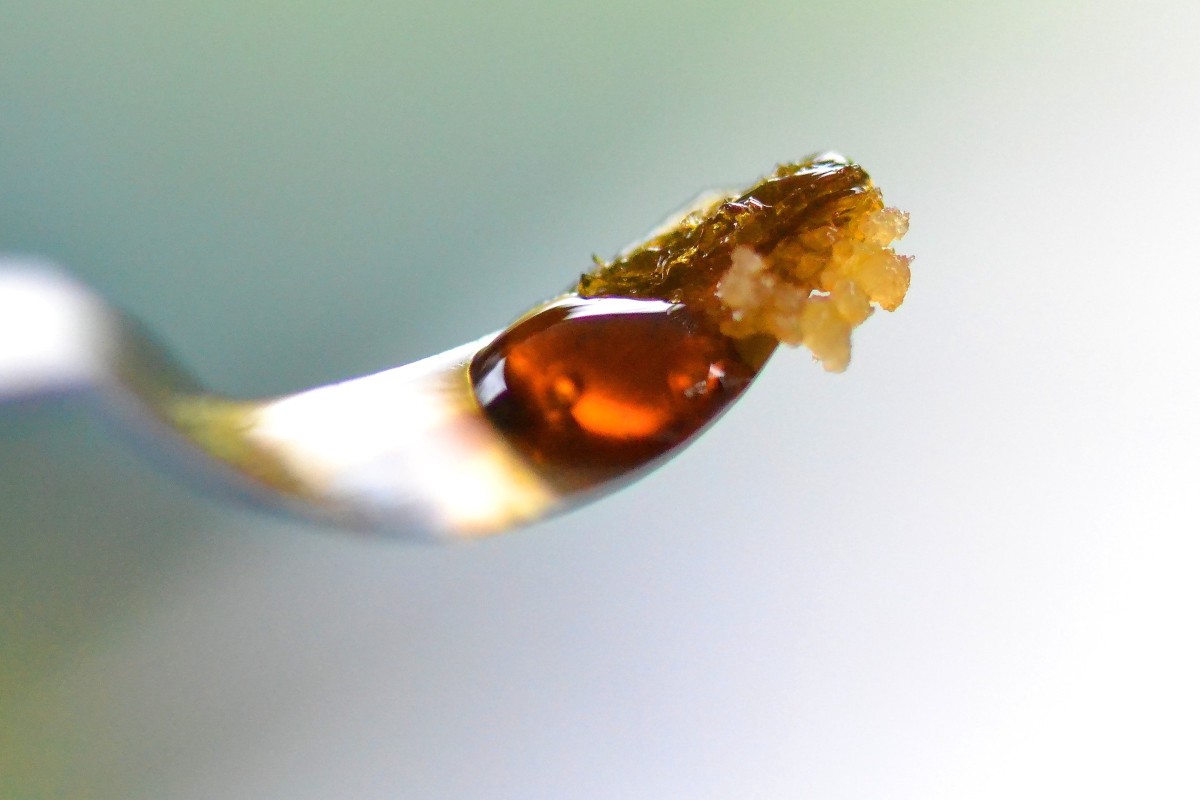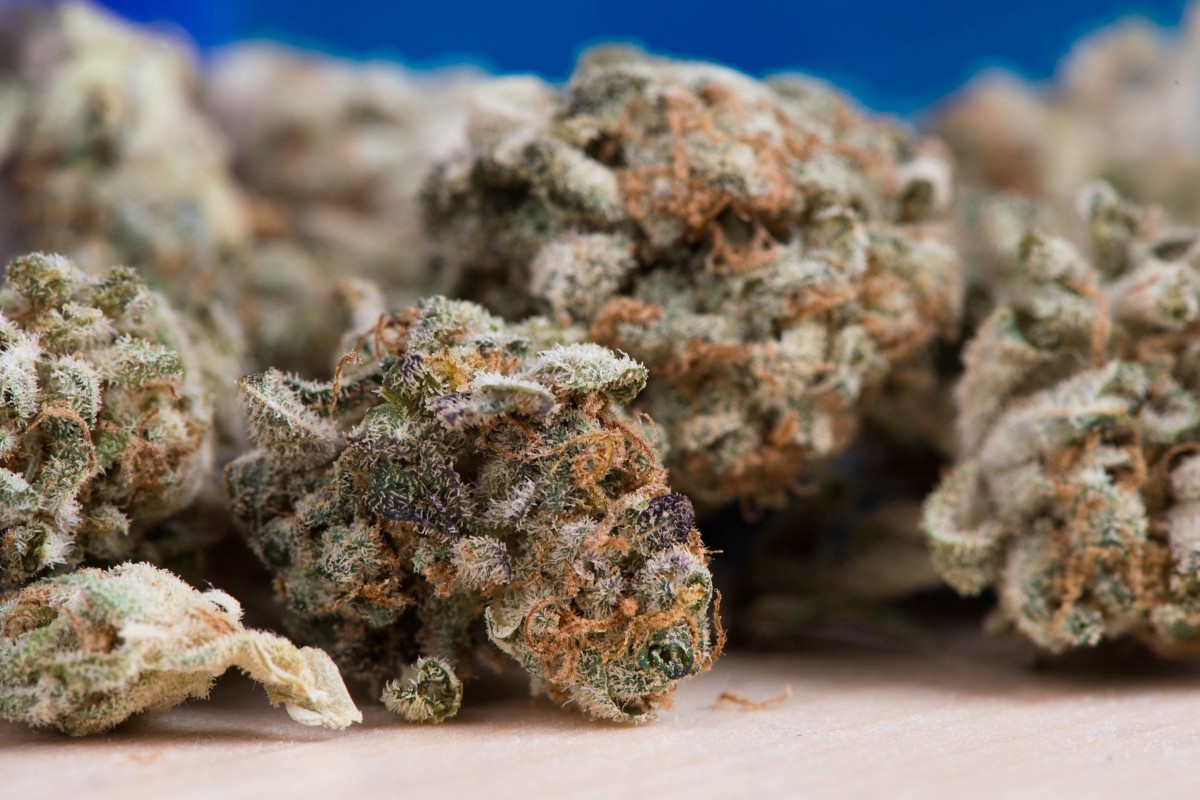Has there ever been any product that has gone from being basically illegal to a giant industry as quickly as CBD? Even though science is fairly iffy on the effectiveness of Cannabidiol overall, that hasn’t stopped the world from embracing it as our next panacea. In fact, a recent report from FiorMarkets claimed that the global CBD industry will grow from about $1.5 billion in 2018 to over $17 billion by 2026.
That would be overly exciting if CBD oil wasn’t so darn calming.
There is a green rush happening that’s fascinating to observe. The speed of the CBD industry’s growth is outstripping the slow pace of state and federal laws, as well as traditional e-commerce players and platforms who are finding themselves operating in gray areas as they sell online.

It’s still not easy to sell CBD
For example, at the time of this writing, most credit card companies are only just starting to allow CBD merchants to do business with them (and usually with higher transaction fees). Same goes for PayPal. Square has only recently started an invite-only program to allow for CBD product sales. Stripe still has a blanket ban on any cannabis-related products.
This makes selling CBD products more of a headache than it should be using traditional e-commerce platforms that normally rely on these payment processing companies to do business. But this presents yet another green rush opportunity as there are CBD-focused e-commerce platforms being created just to facilitate these transactions. There are also now certifications that CBD companies can get to show that they are in compliance with federal and state-level regulations.
In fact, the United States may be in danger of being left behind in the emerging CBD industry as the legality of these products face much lower scrutiny in other countries such as Canada and Spain. This is why many advocates are pushing to legalize cannabis outright, which would greatly loosen any lingering restrictions on the sale of CBD products.
CBD competition is booming as well

Then there’s the growing issue of standing out in an increasingly crowded field of CBD brands. The green rush (as well as questionable governmental regulations, or the lack thereof) has led to hundreds, if not thousands of CBD brands to spring up to try to make their fortune in the space.
And that’s not all. Powerhouse, long-establish brands are looking to get in on the action. Starbucks may launch a CBD infused drink. Urban Outfitters already sell many CBD products. The “winner” of the CBD wars may well come down to the brands that can partner with these massive distribution outlets to sell their wares. Of course, the bigger your CBD brand is, the more likely that you can make a deal with the likes of, say, Neiman Marcus.
So how do you market your CBD line effectively? Especially when it’s not really legal to do so?
Marketing an “illegal” CBD product

That’s right. According to the FDA, marketing CBD products as a supplement is illegal:
We are aware that there may be some products on the market that add CBD to a food or label CBD as a dietary supplement. Under federal law, it is currently illegal to market CBD this way.
Yet, merchants market CBD infused food, oils, and drinks as health products all the time. It’s all a very (very!) grey area even if it’s happening everywhere, all the time. And it’s hard to tell what might happen. Feasibly, the government could put the kibosh on CBD products at any time… yet can they really stop such a massive industry?
This uncertainty is why broadcasters have been hesitant to allow CBD products to be advertised on traditional media. In fact, the first CBD product to be advertised on TV was CBD edibles… for pets. Now that’s an interesting way to test the waters.
All this is a huge reason why CBD affiliate marketing programs have been on a tear lately. With just our clients, we are seeing hundreds and hundreds of CBD merchants launching affiliate and referral programs to sell their products. Basically, where traditional media is hesitant to tread, Influencers in the space with their own blogs, podcasts, YouTube channels, and other social media accounts are making money by working with CBD merchants to sell products. The growth of CBD in just affiliate marketing alone surprised us, but it makes sense with the current climate of peer recommendation and uncertainty of legality on other advertising channels.
It’s a strange and exciting time for CBD merchants, and we’re just in awe of both the current growth as well as the potential growth of the industry. Seeing first-hand how merchants are leveraging affiliate marketing to be the tip-of-the-spear in CBD sales and branding is not only fascinating, but inspiring. If you are in the CBD business, do your research into how to best market your products; we think it’ll lead you back to affiliate marketing as today’s best solution.



